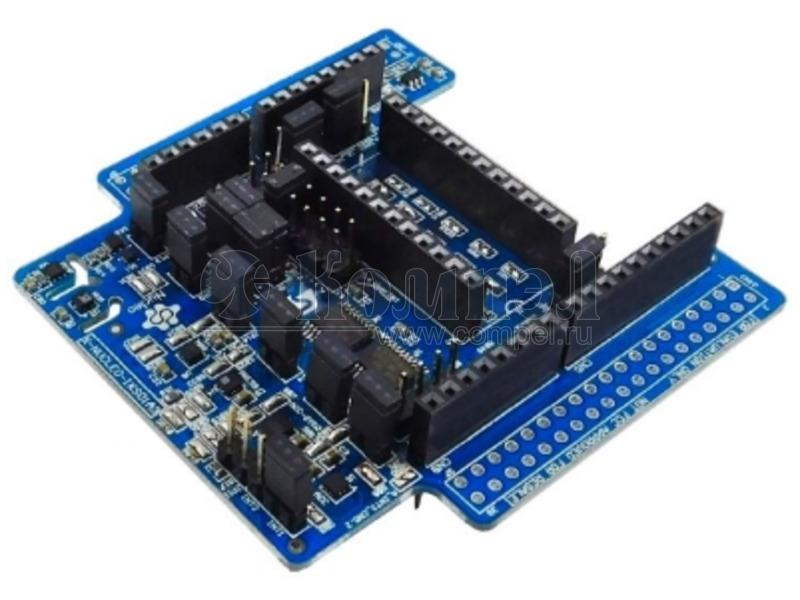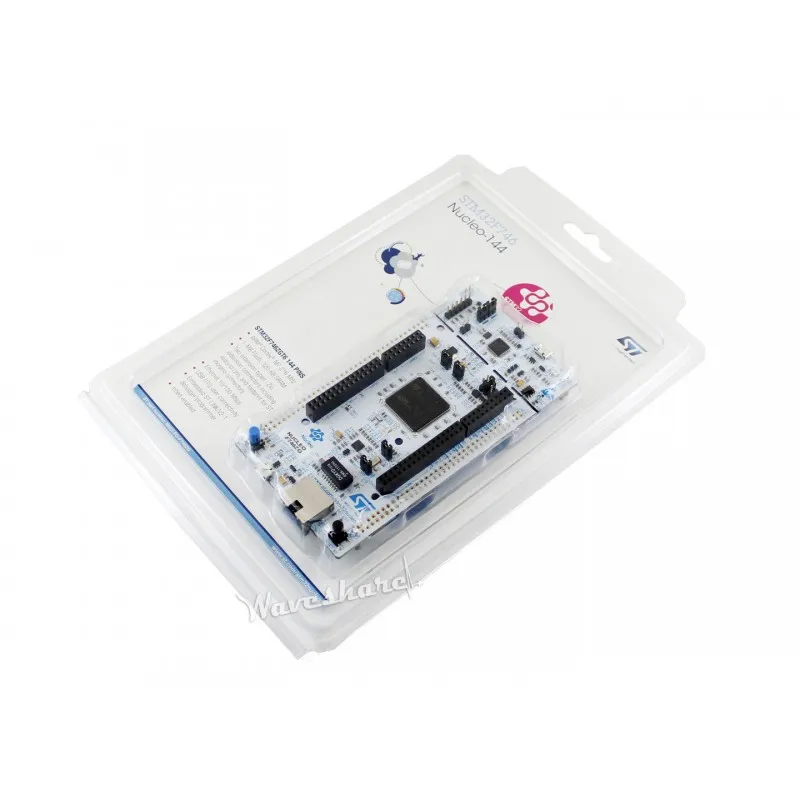

When I started the project in cubemx, I initialized the default nucleo-f746zg peripherals and for some reason (probably one of the peripherals need higher clock frequency to work properly) in clock configuration the default clock source is selected as HSE and this option cannot be changed. I'm not sure if I should post this as an answer, but the problem wasn't either openocd or the broken hardware. elf but again no luck.Ĭan somebody tell me what am I doing wrong here? Also tried loading the binary file instead of. Info : Unable to match requested speed 8000 kHz, using 4000 kHzīut the program doesn't run on the board and there's no blinking.

Target halted due to debug-request, current mode: Thread Info : Unable to match requested speed 2000 kHz, using 1800 kHz Info : starting gdb server for stm32f7x.cpu on 3333Įrror: couldn't bind gdb to socket on port 3333: No error Info : stm32f7x.cpu: target has 8 breakpoints, 4 watchpoints Warn : Silicon bug: single stepping may enter pending exception handler! Info : stm32f7x.cpu: Cortex-M7 r0p1 processor detected Info : DEPRECATED target event trace-config use TPIU events Įrror: libusb_open() failed with LIBUSB_ERROR_NOT_SUPPORTED The results might differ compared to plain JTAG/SWD Info : The selected transport took over low-level target control. Info : auto-selecting first available session transport "hla_swd". Openocd -f interface/stlink.cfg -f target/stm32f7x.cfg -c "program build/my-board.elf verify reset exit"
#Nucleo f746zg code
The code compiles without any problem and when I type make flash in the terminal the result is: ❯ make flash Openocd -f interface/stlink.cfg -f target/stm32f7x.cfg -c "program $(BUILD_DIR)/$(TARGET).elf verify reset exit" I've added following line to my makefile to automate the flashing process: flash: all I'm trying to program the board with openocd, using gnu make and the makefile generated from stm32cubemx.
#Nucleo f746zg full
USB OTG or device full speed with Micro-AB connector (depending on STM32 support).External power sources: 3.3 V and 7 - 12 V on ST Zio or ST morpho connectors, 5 V on ST morpho connector.Three different interfaces supported on USB: virtual com port, mass storage, debug port


ARM® mbed™ -enabled (see ), planned for the second quarter of 2016.ST morpho extension pin header footprints for full access to all STM32 I/Os.ST Zio connector including: support for Arduino™ Uno Revision 3 connectivity (A0 to A5, D0 to D15) and additional signals exposing a wide range of peripherals (A6 to A8, D16 to D72).STM32 microcontroller in LQFP144 package.
#Nucleo f746zg software
The STM32 Nucleo-144 board does not require any separate probe, as it integrates the ST-LINK/V2-1 debugger/programmer and it comes with the STM32 comprehensive software HAL library, together with various packaged software examples, as well as a direct access to the ARM®mbed™online resources. The ST Zio connector, which is an extension of Arduino™ Uno, provides access to more peripherals and ST morpho headers make it easy to expand the functionality of the Nucleo open development platform with a wide choice of specialized shields. The STM32 Nucleo-144 board provides an affordable and flexible way for users to try out new concepts and build prototypes with the STM32 microcontroller, choosing from the various combinations of performance, power consumption and features. NUCLEO-F746ZG, STM32 Nucleo-144 development board with STM32F746ZG MCU, supports Arduino, ST Zio and morpho connectivity NUCLEO-F746ZG Description Speech / Image Recognition / AI Cameras.


 0 kommentar(er)
0 kommentar(er)
